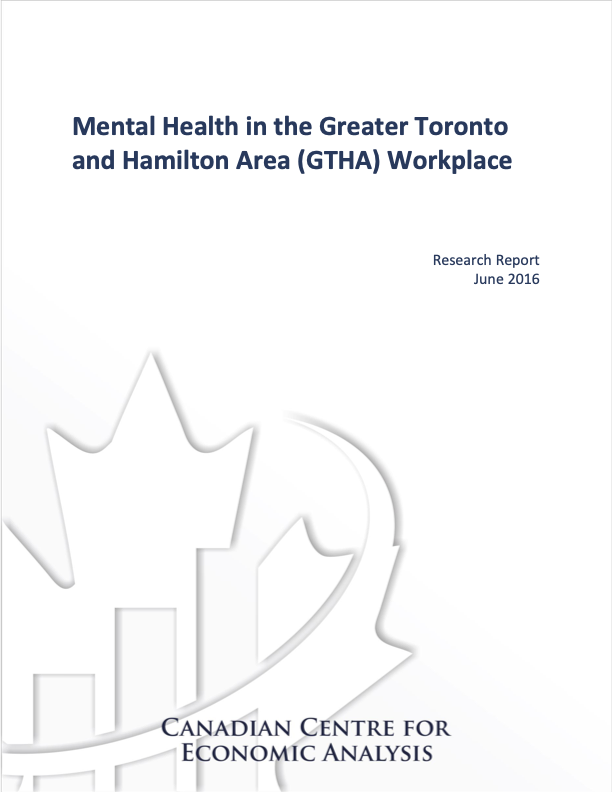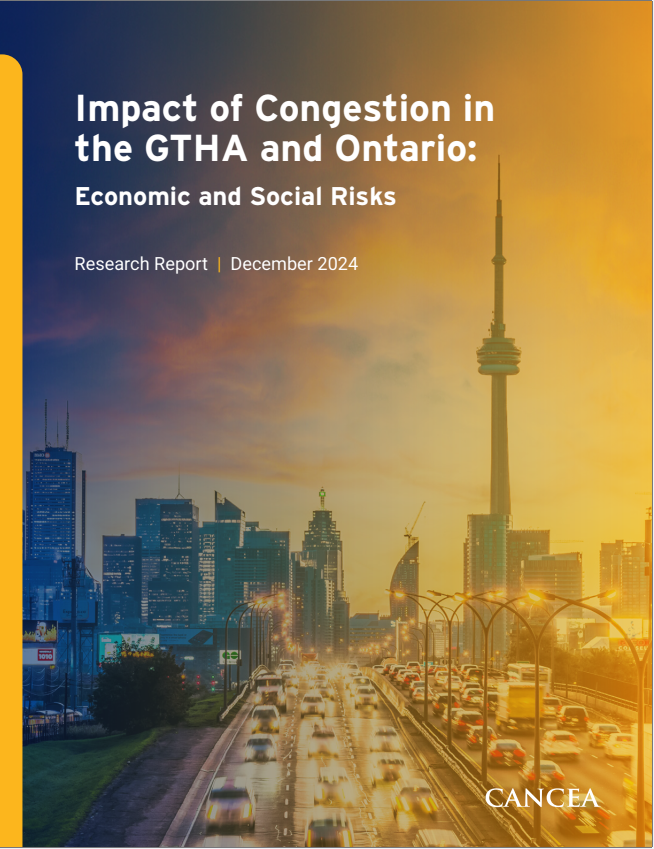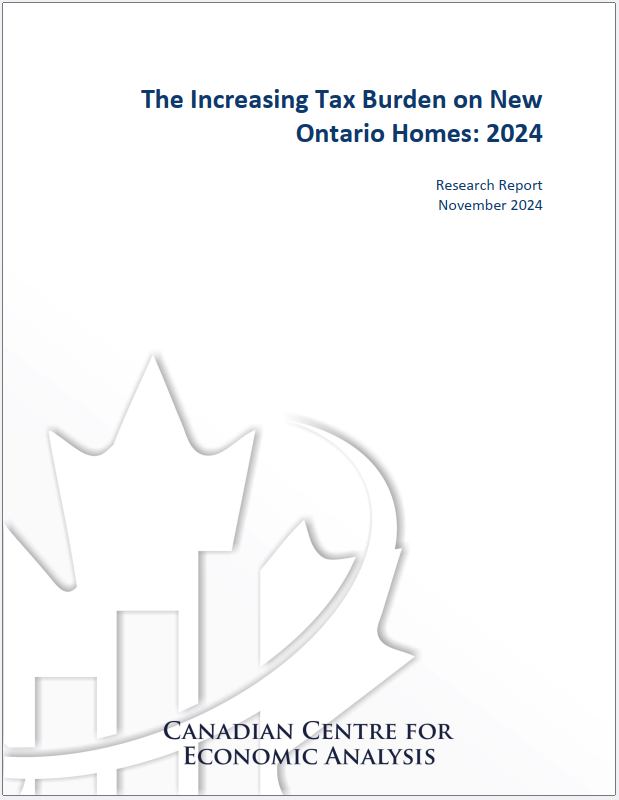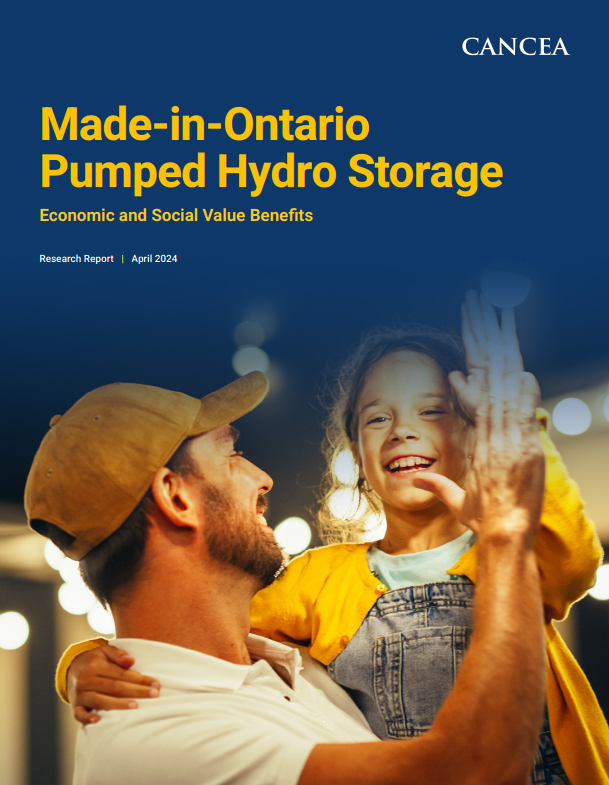The Greater Toronto and Hamilton Area (GTHA) plays a significant role in Canada’s economy, accounting for 20% of the GDP and enjoying a 19% higher per capita GDP than the rest of Ontario. To address mental health issues in the GTHA workplace, CivicAction, a key regional player, has launched its first health-focused initiative. Partnering with CANCEA and using Prosperity at Risk (PaR), they delve into mental health challenges in the GTHA labor force.
Presently, approximately 1.5 million people in the GTHA labor force (around 1 in 2) have experienced a mental health issue in their lifetime. Of these, 680,000 individuals (21% of the GTHA labor force) currently face mental health challenges, while 995,000 (31% of the GTHA labor force) have encountered them in the past. Anxiety affects 10%, mood disorders 5%, substance use disorders 8%, and schizophrenic disorders 1% of the current GTHA labor force.
Projections indicate that the number of people in the GTHA labor force with mental health issues will increase to over 860,000 by 2046, representing a 27% rise. This has a significant economic impact, with potential average annual productivity loss amounting to $1.7 billion over the next decade, equivalent to 0.5% of the GTHA’s GDP.
Driving factors of mental health issues in the GTHA labor force include housing affordability pressures, resulting in stressors impacting families. Furthermore, informal caregiving for individuals with mental health issues, such as dementia, indirectly affects caregivers’ productivity, with an estimated economic cost of $30.4 billion (inflation-adjusted) over the next 10 years, around 2% of the GTHA’s GDP. Additionally, GTHA’s child care costs are the highest in the country, leading to financial burdens on low-income families.
In conclusion, mental health issues impact about 1 in 5 GTHA employees, with an estimated productivity loss of $1.7 billion over the next decade, equal to 0.5% of the GTHA’s GDP. Addressing housing affordability, informal caregiving, and child care challenges is crucial for fostering mental well-being in the GTHA workplace and enhancing overall prosperity.











